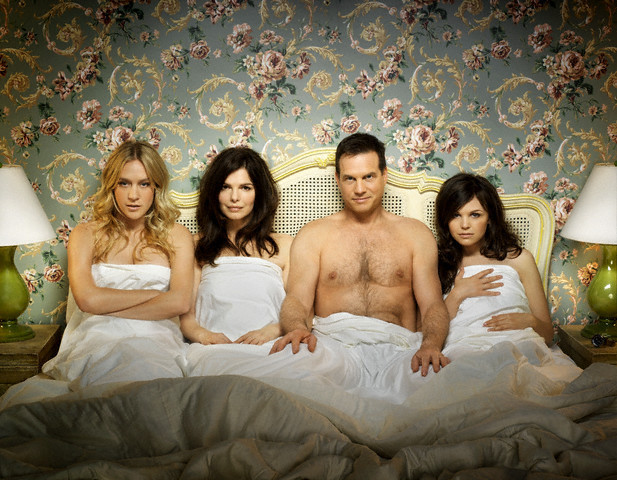
A few weeks ago, I read an article about the legal challenges facing Canadian polyamorists.
WordPress isn’t recognizing “polyamorists” as a word – its spell-checker doesn’t like it.
WordPress, it’s a new world.
Here are two things I believe deeply:
- To quote Pierre Trudeau: “The state has no place in the bedrooms of the nation”.
- Marriage is binding: in taking a marital vow, you are tying yourself to another.
For many people, marriage is tough. For me, it’s been immensely beautiful, but also humbling. I deeply respect the institution of marriage.
If Z came home and told me he wanted to “open our marriage”, I would take that as a sign of profound disrespect.
The challenge of a marriage is that you have, on some level, vowed to live your life in service to another person – to comfort, honour, protect and love this other person, forsaking all others. If some relationship need you have isn’t being met in your marriage – say you’re no longer sexually attracted to your partner – that’s not cause to “open your marriage”, that’s cause for serious discussion, counselling and personal growth.
Is it possible to live your life in service (the level of service required to sustain a marriage) to more than one person, while maintaining your sense of self?
If it is possible, where did the idea of “forsaking all others” come from?
If Z came home and tole me he wanted to “open our marriage”, it’d go one way: divorce. Even if I weren’t offended at the suggestion, we would split – if I weren’t offended, it would be a sign that I had checked out of our marriage.
One of the women interviewed for the article had been married for 18 years when she and her husband decided to open their marriage. They have two children together.
She’s quoted as saying: “There is a choice, other than cheating or serial monogamy and multiple divorces or failed relationships.”
For me, that other choice is simple: monogamy, plain and simple. Her quote seems pessimistic: “multiple divorces or serial monogamy”. As though one divorce and then a remarriage isn’t possible, as though monogamy until death do we part is an artificial construct, imposed on us by the state rather than (cheese alert) by our hearts.
Or as though divorce is a bad thing.
I don’t believe divorce is a bad thing; I do think it’s something you come to when there is no other option. When I see the choices “marriage” or “divorce”, I don’t think: “But wait – is there a third option? One without the D-word?”
But: maybe not everyone is as monogamous as me. Or as ruthless and cutthroat (think: “I don’t need to open my heart or our marriage. This is open enough, thank you. Take your hippie horsesh*t to the door, and show yourself out.”).
I wonder, is it possible to be wholly in love with your spouse, but also to be in love – the same quality of love – with another person – at the same time? Remembering that love is a continuous action more than it is a feeling? That real, true love is an expression you live out daily moreso than it is a warm fuzzy in your heart?
For me, it’s not.
But many polyamorists, say it is – that it is possible. (Take this Washington Post example.)
Hm. I mean, just because it’s not for me (or Z, goddammit. Don’t get any ideas.), doesn’t mean it’s not for others.
And, if it is possible, and an employee has two legal, registered partners – would it be so wrong to split the employee’s pension between the two partners should the employee a) die and b) have a pension?
I dunno.

